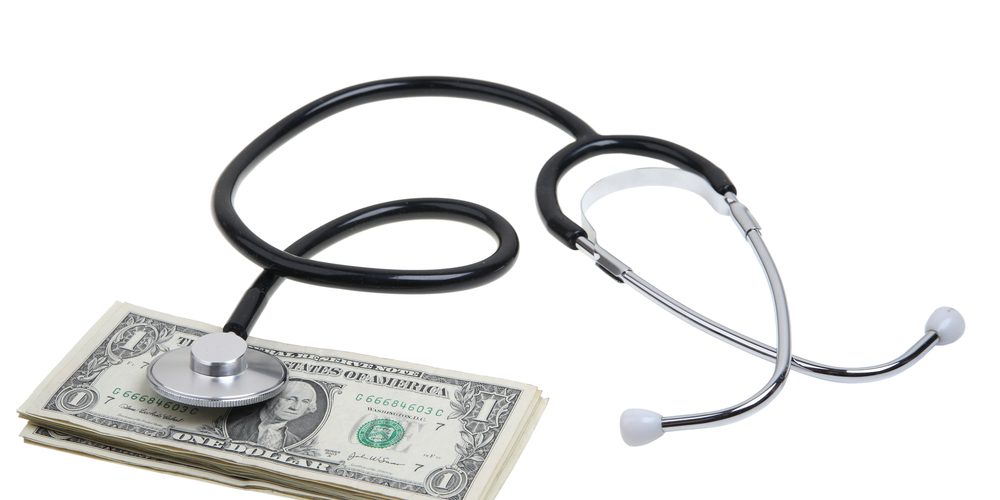An indictment was filed on February 25, 2022, against ten persons in Florida for their alleged roles in a $67 million healthcare fraud, wire fraud kickback, and money laundering scheme. The money laundering scheme involved the submission of false and fraudulent claims to Medicare for medically unnecessary genetic tests and durable medical equipment.
Allegedly, between January 2020 and July 2021, the ten Florida defendants referred Medicare beneficiaries for medically unnecessary genetic tests and durable medical equipment. The defendants allegedly paid kickbacks and bribes to telemedicine companies in exchange for doctors’ orders for tests and durable medical equipment. Additionally, it is alleged that the Florida defendants falsified Medicare enrollment forms to conceal the true owners and managers of certain laboratories, and submitted false and fraudulent claims to Medicare.
Three of the defendants were each charged with conspiracy to commit healthcare fraud, healthcare fraud, conspiracy to pay and receive healthcare kickbacks and bribes, paying and receiving kickbacks and bribes, conspiracy to commit money laundering, and money laundering offenses. Two of the defendants who were arrested on February 6, 2022, while attempting to board a flight to Moscow, were each charged with one count of conspiracy to commit healthcare fraud, healthcare fraud, and conspiracy to commit money laundering. Four of the defendants were each charged with conspiracy to commit money laundering and money laundering offenses.
Federal charges for conspiracy to commit healthcare fraud and wire fraud, conspiracy to commit money laundering, and money laundering are each punishable by a maximum penalty of 20 years in prison. Healthcare fraud and anti-kickback violations are each punishable by a maximum penalty of 10 years in prison. Conspiracy to pay and receive kickbacks is punishable by a maximum penalty of five years in prison. The ten Florida defendants began their initial appearances in federal court during the last week of February 2022.
Issue:
All medical services and treatments provided to residents must be medically necessary. A service or treatment that is not medically necessary, with a claim submitted to Medicare or Medicaid, can be seen as a false claim. All members of the healthcare team must be aware of what may cause submission of a false claim, including the billing of unnecessary services or treatments. Failure to promptly report a false claim or payment of kickback incentives or bribes can result in significant penalties and sanctions. An effective compliance and ethics program can help raise staff awareness and ultimately reduce fraud, waste, and abuse of government funds by empowering the healthcare team to participate actively in preventing and detecting criminal, civil, and administrative violations and promoting quality of care. Routine audits should be conducted, and the results of the audits should be reported at the compliance and ethics committee meetings and in reports to the governing body.
Discussion Points:
- Review your policies and procedures for operating an effective compliance and ethics program to ensure that identifying and reporting of false claims or kickbacks is part of your policy. Ensure that your policies are reviewed at least annually and updated when new information becomes available.
- Provide education to nursing and business office personnel on their responsibility to identify and report any concerns that unnecessary medications, treatments, supplies, or equipment are being ordered for residents. Awareness training is an important part of your facility’s efforts to prevent false claims from being submitted. Train all staff on your compliance and ethics policies and procedures upon hire and at least annually, including what can be considered a false claim or a kickback. Document that these trainings occurred, and file the signed document in each employee’s education file.
- Periodically perform audits to ensure all staff are aware of their responsibility to identify compliance and ethics concerns and understand that it is their responsibility to promptly report violations to their supervisor, the compliance and ethics officer, or via the anonymous hotline.












































































